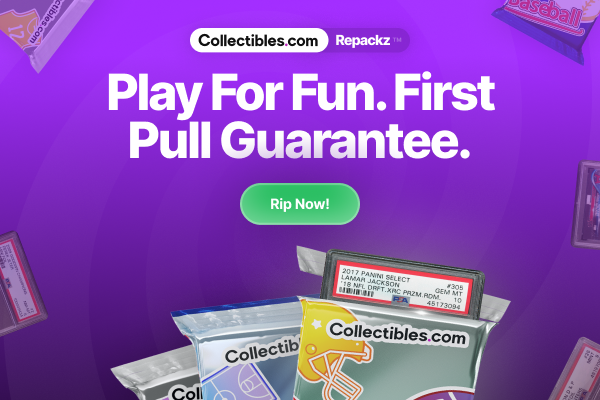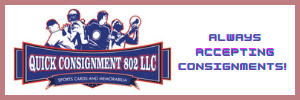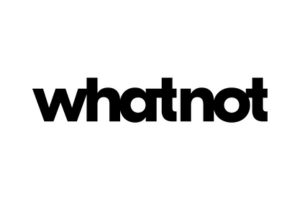
Law of Cards: MLB Authentication Program Charged with Patent Infringement
On November 19, an inventor named Frederick D. Noyes brought a patent action against Major League Baseball Enterprises (MLB) in federal court in Delaware. According to his complaint, MLB's "Major League Baseball Authentication Program" infringes Noyes' patent.
Legal translation: Yes, patents can cover a wide variety of subject matters. Even authentication programs. Or new methods of playing Black Jack or Texas Hold 'Em, which just happen to be two other inventions that Noyes patented.
A representative claim from Noyes's authentication patent is provided below:
1. A process for verifying and authenticating the autograph of an individual, the process comprising the steps of:
a. providing to the individual one or more items to be autographed and having the individual autograph each of the one or more items in the presence of a representative of a verification system provider;
b. generating for each of the one or more items a label to be applied to the one or more autographed items, wherein each said label is tamper-proof;
c. creating as part of each said label a first code providing unique identifying information related to the particular autographed item and the individual, wherein said code is visible; and
d. creating as part of each said label a second code providing unique identifying information, wherein said second code is not visible with the naked eye.
Patentese Translation: Basically, someone watches a player sign an item, then that someone sticks a tamper-proof label on it. Oh yeah, and that label has a visible code and a not visible code on it for verification purposes.
I can hear some readers crying, "It's patents like these that give patents a bad name!"
Now, now, now, just because a patent is simple, does not mean it's bad. In fact, most times, patents that are easy to understand prove best for a jury. If it's too complex, the jury will get lost, and who knows what they'll do during deliberations. Most likely they'll engage in a hotly contested game of Eenie Meenie to decide who wins.
But, I think here I'll tend to agree. This claim might be too simple because it'll allow the MLB to argue, "It's obvious!"
Legal translation: If the MLB can prove the claimed invention was obvious, the patent will die and MLB will win.
I also see at least two other difficulties for Noyes. According to documents attached to the complaint, the MLB Authentication Program has been up and running since 2001. Noyes contacted MLB in 2002 about his patent. It's 2012 now. If the program hasn't changed at all (or minimally), MLB has a good argument that Noyes is too late in bringing this action. In addition, Noyes also has to overcome the presumption that any infringement that occurred six years or more in the past is outside of the scope of the case.
Also, claim 1 of the patent presents what is called "divided infringement."
Legal translation: It requires more than one party to infringe.
As written, Step A requires actions by both the "authenticator" and the individual signing the items (e.g., the baseball player). Sure, the baseball player is arguably part of MLB, but, arguably, the athlete is also part of the MLBPA or some other organization other than MLB. Likewise, Steps B-D require someone to generate a label. I'm pretty sure the MLB outsources that task. So, potentially three different parties perform actions in this claim.
Not only is this a pain to prove, but there are some case law hoops (too boring to get into in this article) that need to be jumped through before it can move forward.
So, patent critics, yes, the claim is simple, but proving infringement will not be. Also, if this happens to be "too broad" of a patent, the court case will organically regulate itself, and the patent will be found invalid.
Legal commentary: Given the current semi-anti-patent climate out there, if a patent is viewed as even close to being too broad, it'll likely die in litigation.
Within the next month or two the MLB will respond to the complaint (Legal translation – it'll deny, deny, deny, everything), which will start the case running. But, I suspect this is a case that'll settle quickly (within six months), and confidentially.
The patent doesn't grab me as the strongest. Also, anytime you are suing America's favorite pastime, it is almost guaranteed you won’t be the most sympathetic plaintiff. Heck, might as well just sue Grandma and apple pie while you're at it.
Click here to read Noyes' complaint filed with the court. Here are the exhibits also filed.
The information provided in Paul Lesko's "Law of Cards" column is not intended to be legal advice, but merely conveys general information related to legal issues commonly encountered in the sports industry. This information is not intended to create any legal relationship between Paul Lesko, the Simmons Browder Gianaris Angelides & Barnerd LLC or any attorney and the user. Neither the transmission nor receipt of these website materials will create an attorney-client relationship between the author and the readers.
The views expressed in the "Law of Cards" column are solely those of the author and are not affiliated with the Simmons Law Firm. You should not act or rely on any information in the "Law of Cards" column without seeking the advice of an attorney. The determination of whether you need legal services and your choice of a lawyer are very important matters that should not be based on websites or advertisements.
 | Making purchases through affiliate links can earn the site a commission |

































Sorry, comments for this entry are closed at this time.